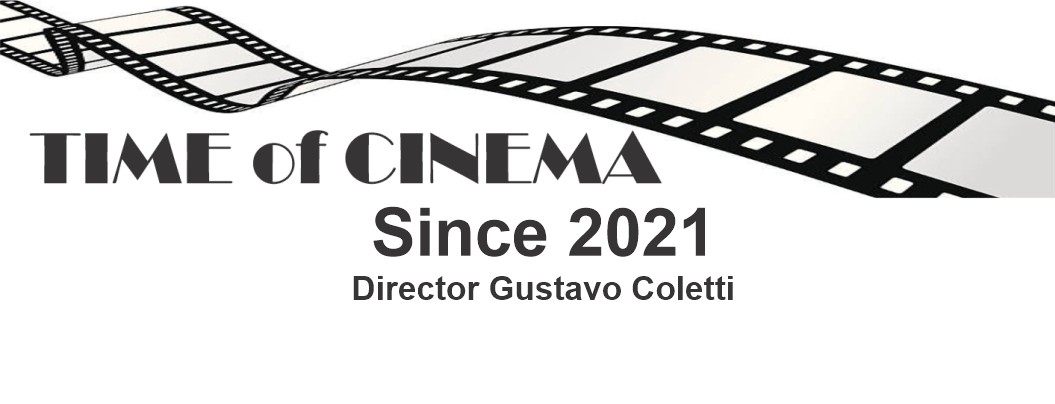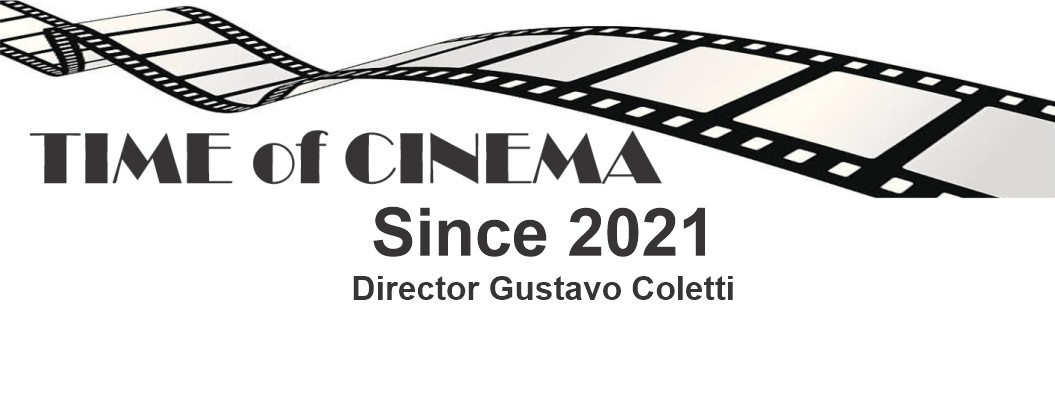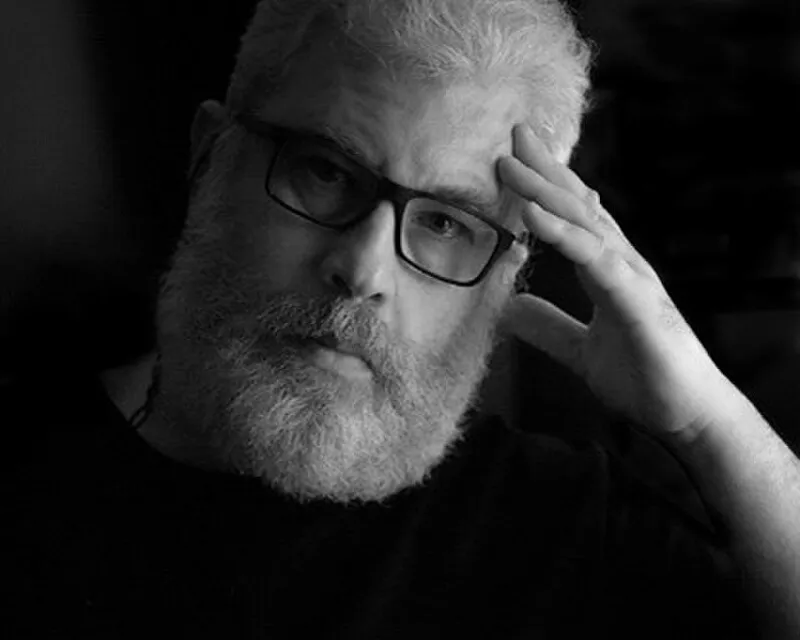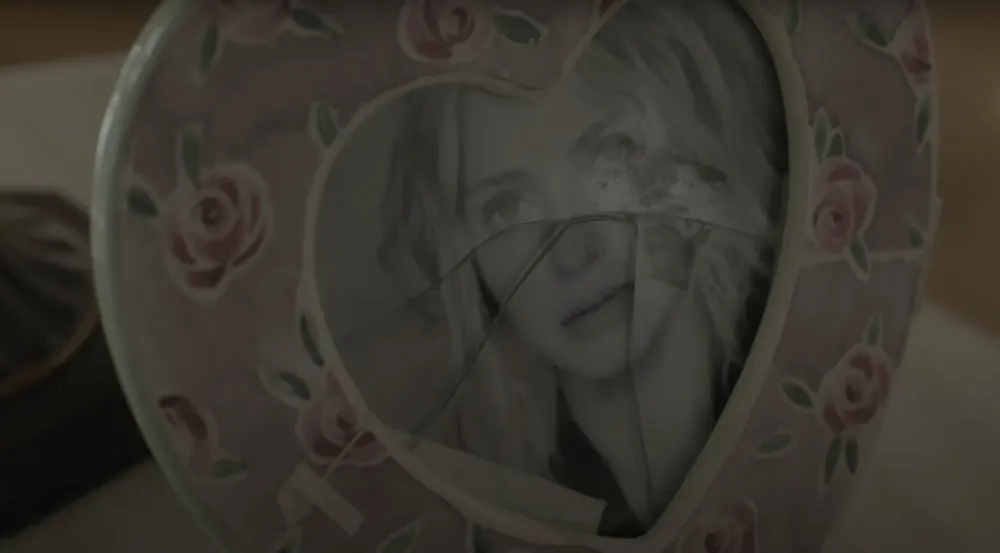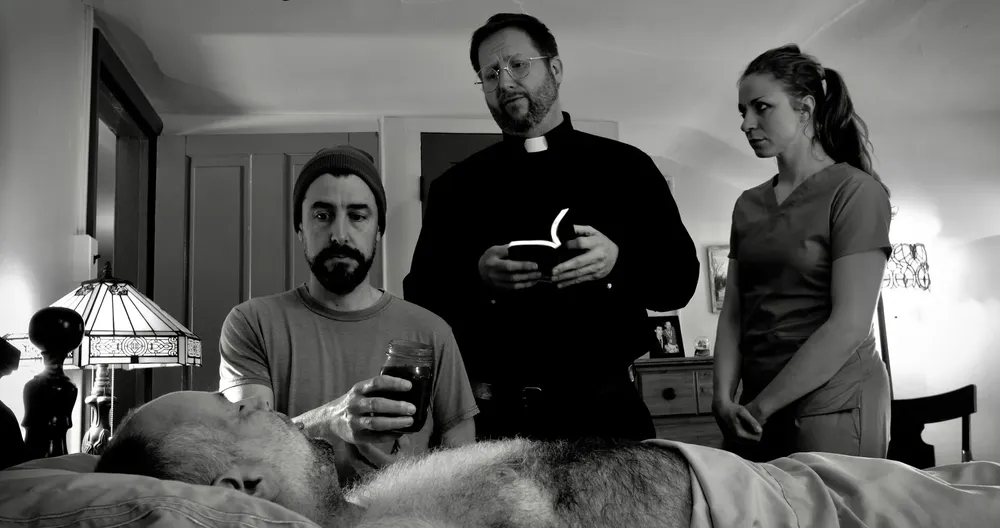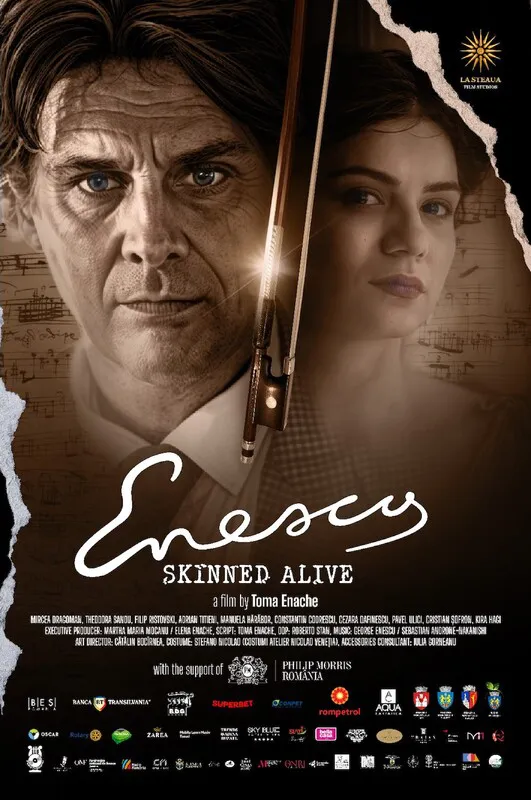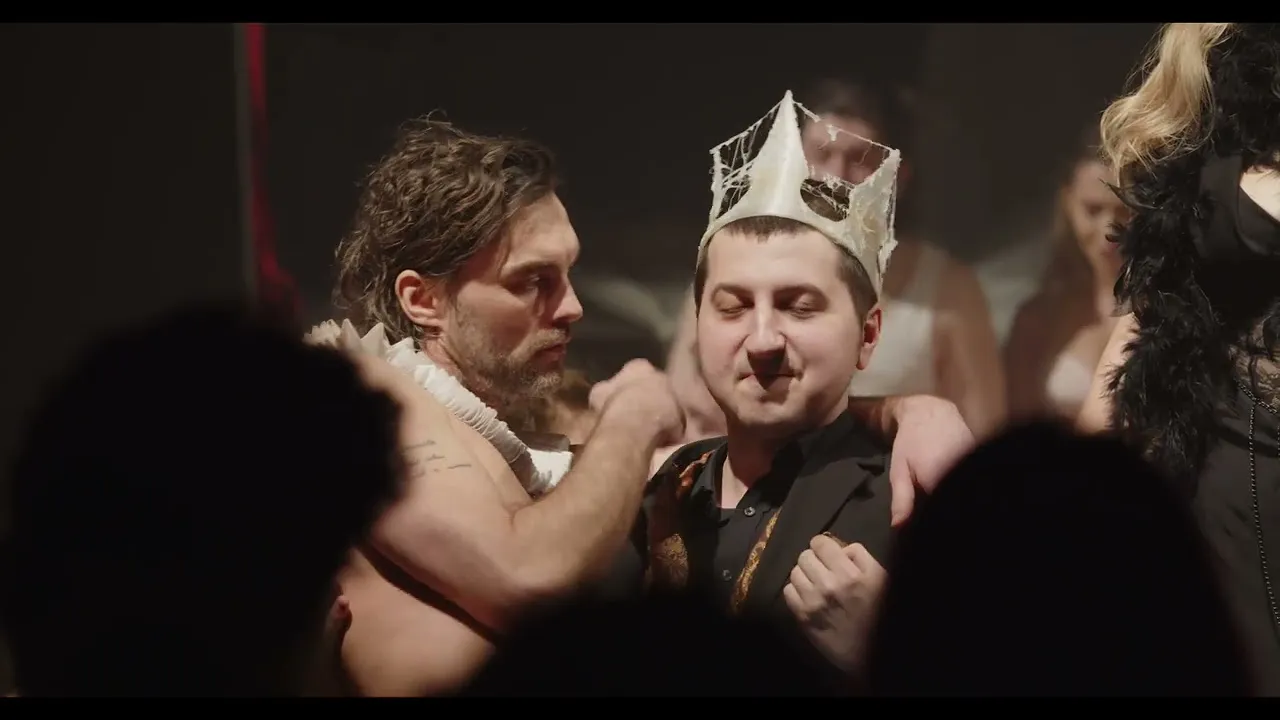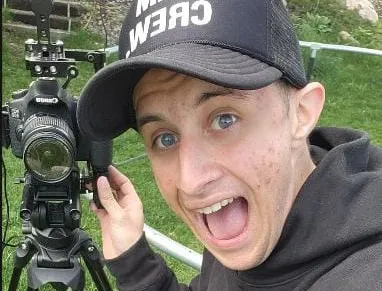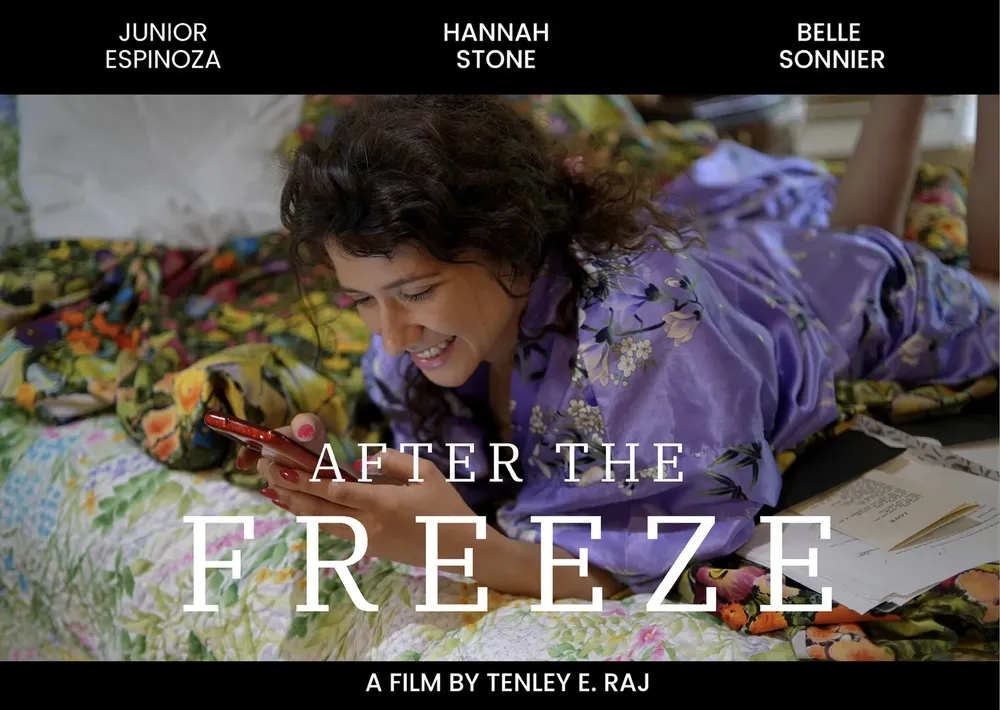
Ridley Scott impresses but is not thrilled with 'Napoleon', a new formal exhibition that demonstrates the importance of montage in shaping narratives
Joaquin Phoenix and Vanessa Kirby lead a new biopic brand of the Scott house
REVIEWS Víctor López G.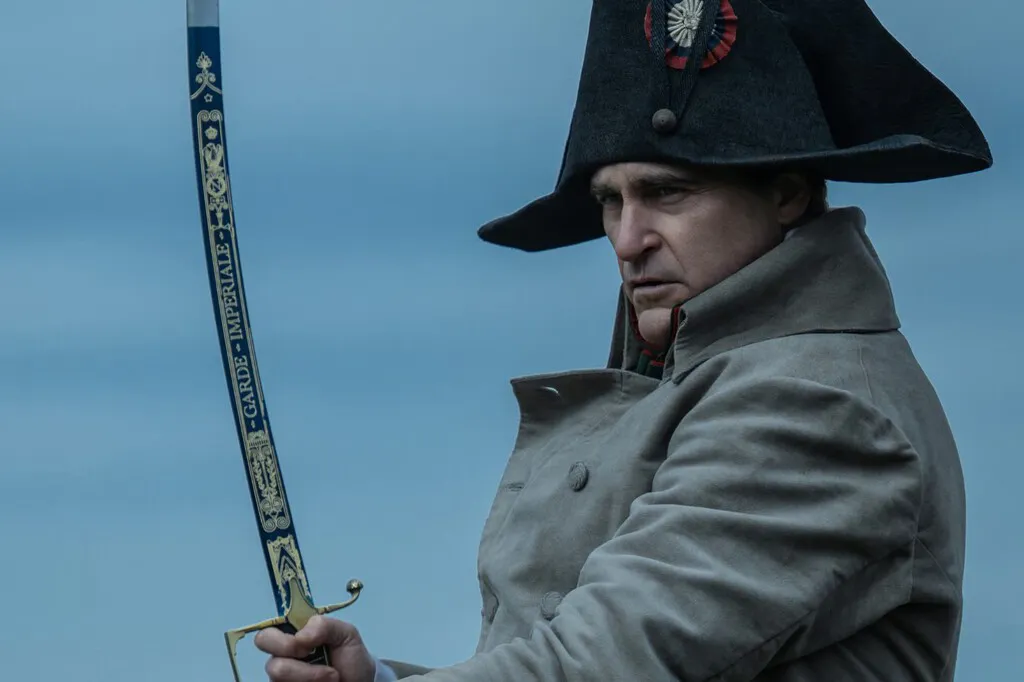
Since a good season, and after having had a most interesting conversation with a good writer friend, I defend the idea that to have an opinion on the libretto when writing a review or evaluating a feature film does not make any sense; and the reason for this is an irrefutable fact: the final text printed on paper will be rewritten twice more before the final product reaches our screens.
The first rewrite is done by the director and the actors during the filming, molding on the set the lines of dialogue and scenes signed by the scribe. The second and, as a rule, more severe, takes place in the editing room, where the editing team can completely alter different elements that appeared in the script, including elementary parts such as its structure, being able to get rid of scenes e, even of entire subplots.
The best recent example we can use to illustrate this, at least theoretically, is Ridley Scott’s 'Napoleon'. Since it transpired that his original montage of four hours and ten minutes was reduced to two and a half for its release in cinemas, I began to have some doubts about the solidity of the project that, finally, I have ended up confirming; and this cut, far from being invisible, has ended up being reflected in a narrative that does not do justice to the immense ambition of the title or the talent of its head.
Full blown
If anything has proven Ridley Scott since the beginning of his long career, which already extends for 46 prolific years, is to have a unique talent to shape images of a unique force, whether in science fiction key with top works like 'Alien' or 'Blade Runner', in war bets such as the impeccable and immersive 'Black Hawk knocked down' or in his extraordinary foray into the post-design with 'Gladiator'.
As could not be less, the case of 'Napoleon' is not an exception to this rule. Filmmaker and cinematographer Dariusz Wolski, with whom he has already collaborated on films such as 'Mars' or 'The Last Duel', have managed to capture some of the most sweeping battle sequences we have seen in a long time on the big screen and competing face to face with previous and celebrated biopics on the historical figure protagonist.
Napoleon Appletvplus
The big problem is that these fragments, among which some battles of Austerlitz and Waterloo stand out that make the film worthy candidate to raze in the technical sections of the awards season, they do not enclose any emotion behind their overwhelming general plans and their fierce violence. The reason? The lack of a connection between characters and audience so that each cannon and bayonet strike is more than an opportunity to exhibit formal muscle.
